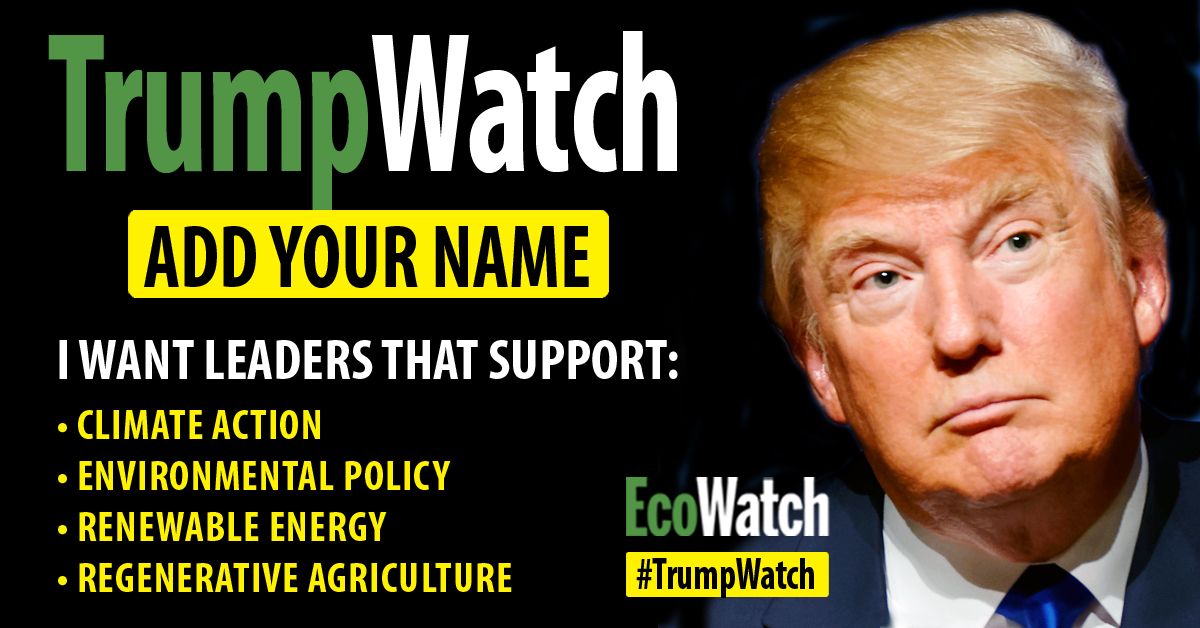

In the midst of three pending mega-mergers between agrichemical corporations, Donald Trump‘s recent pick of Dow Chemical CEO Andrew Liveris to head the American Manufacturing Council signals yet more serious potential conflicts of interest in top government posts that could damage American farmers, the health of the public and the environment. The council serves as a liaison between the U.S. manufacturing industry and the federal government.
Tuesday, shareholders of agrichemical giant Monsanto approved a proposed takeover of the company by Bayer. Meanwhile, Liveris’ company, Dow Chemical, is in the midst of negotiating a merger with DuPont.
Monsanto Shareholders Approve Bayer Merger to Form World's Largest Seed and Chemical Company https://t.co/2cEeaJjiZt @GMOFreeUSA @GMOTruth
— EcoWatch (@EcoWatch) December 14, 2016
“Andrew Liveris should be disqualified for the position due to his likely conflicts of interests. Serving as head of the American Manufacturing Council could allow Liveris to use a government post to benefit Dow Chemical and to line his own pockets,” said Friends of the Earth Food Futures campaigner Tiffany Finck-Haynes.
The final decision on the mergers will fall to the Department of Justice, where Trump named Jeff Sessions as potential Attorney General. Sessions, who has received campaign contributions from Monsanto and Bayer, will head the agency investigating the economic impact and antitrust implications of the proposed mergers.
“Donald Trump’s picks demonstrates that he is willing to allow corporate interests to control the food that’s grown in our country and determine what’s on our plates,” said Finck-Haynes. “Despite his promise to ‘drain the swamp,’ his actions prove he is more concerned with advancing corporate interests than protecting the American people, workers and farmers.”
The top six agrichemical and seed companies are currently negotiating mergers, which could result in just three powerful multinational corporations controlling this industry. If Monsanto and Bayer, Dow and DuPont and Syngenta and ChemChina form their proposed partnerships, they will control nearly 70 percent of the world’s pesticide market, 80 percent of the U.S. corn-seed market and more than 61 percent of commercial seed sales.
The day before Trump’s announcement, DuPont’s Chief Executive Ed Breen, said a Trump administration won’t impact the proposed Dow-DuPont merger. Edward Liveris and Breen, chief executive officers of Dow and DuPont, are expected to earn $80 million from the merger. Meanwhile, Dow already plans to eliminate 2,500 jobs and 8 percent of its Michigan workforce due to its takeover of the smaller company Dow Corning and DuPont is implementing a cost-cutting plan by planning to cut1,700 workers in Delaware, in preparation for the merger.
“Trump’s appointment signals that he will rubber stamp these mega-mergers, limiting farming and food options and increasing prices for farmers and consumers,” said Finck-Haynes. “The mergers would also further tilt the balance of power away from independent science and the health and safety of the American people towards the influence of chemical corporations.”

 233k
233k  41k
41k  Subscribe
Subscribe 
